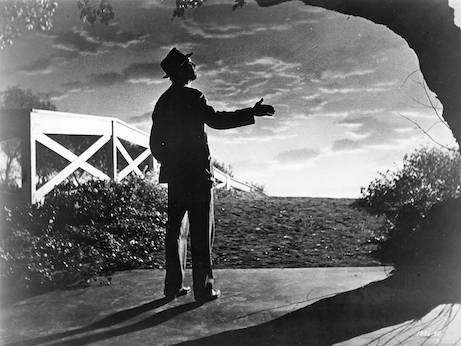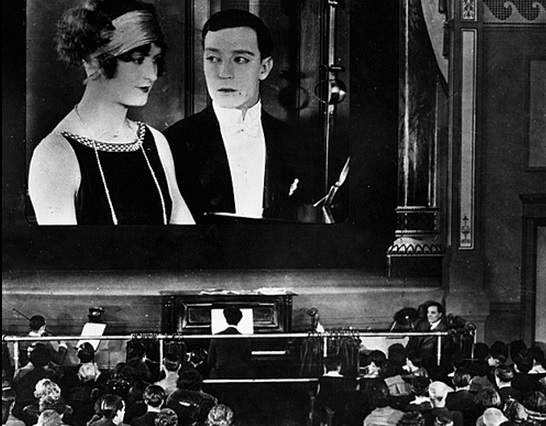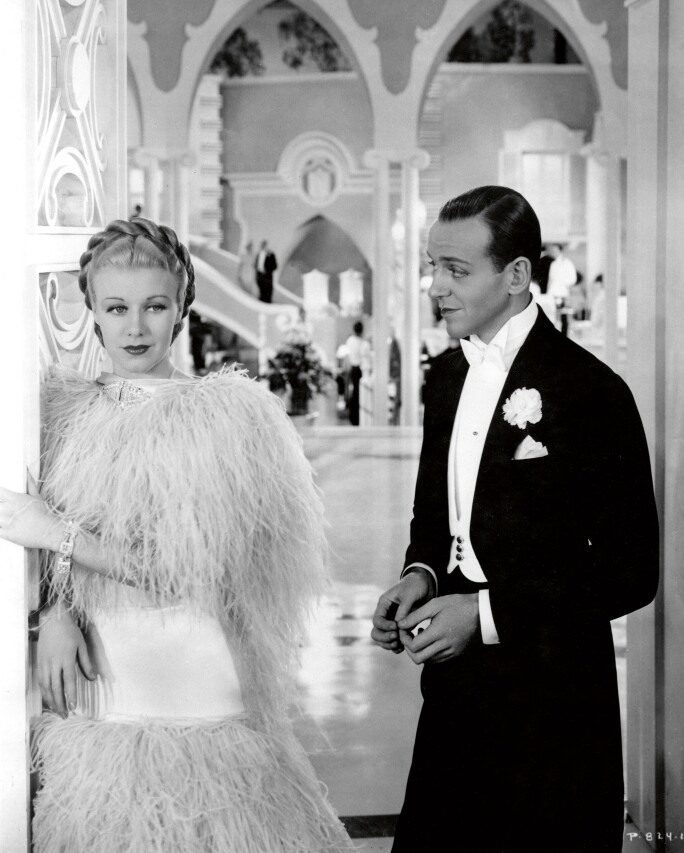Kind Hearts and Coronets
Well, well, we have an even darker comedy than Arsenic and Old Lace. This one is just delightful in its murderous humor, it takes such fun in joy in presenting us with such a likable and interesting young character who just happens to be a murderer as well. I loved all the characters in the movies, all the future dukes and duchesses had interesting quirks and personalities, and both Edith and Sibella were great. The acting was a bit stiff, but it's made up for in the brilliance of the dialogue and character building. The film is also really funny, and I think the memoir style for the film made it very effective and enjoyable.
Well, well, we have an even darker comedy than Arsenic and Old Lace. This one is just delightful in its murderous humor, it takes such fun in joy in presenting us with such a likable and interesting young character who just happens to be a murderer as well. I loved all the characters in the movies, all the future dukes and duchesses had interesting quirks and personalities, and both Edith and Sibella were great. The acting was a bit stiff, but it's made up for in the brilliance of the dialogue and character building. The film is also really funny, and I think the memoir style for the film made it very effective and enjoyable.



 I love movies set on ships. It's like a whole world apart from the real one, and that works wonders for comedies such as Monkey Business. I know the ship was a set, but they sure had great looking sets. I mean just look at the photo above and it's easy to image they're on the promenade deck, sailing the Atlantic.
I love movies set on ships. It's like a whole world apart from the real one, and that works wonders for comedies such as Monkey Business. I know the ship was a set, but they sure had great looking sets. I mean just look at the photo above and it's easy to image they're on the promenade deck, sailing the Atlantic.  What a bummer...Sometimes I regret reading about stars, they shine so brightly that one would think they would be immortal.
What a bummer...Sometimes I regret reading about stars, they shine so brightly that one would think they would be immortal.